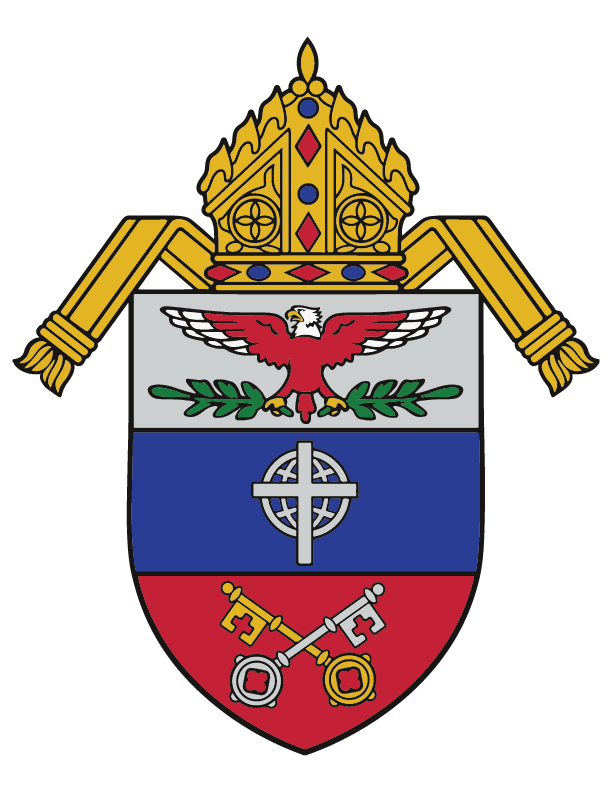Vice-Chancellor explains “high tech and high touch” approach in live interview on Catholic radio
WASHINGTON, D.C. – The Archdiocese for the Military Services, USA is taking advantage of the latest communications technology as well as conventional forms of contact to overcome a challenge that sets it apart from other U.S. archdioceses: the lack of geographical boundaries. Unlike archdioceses such as Washington, New York and Los Angeles, the Archdiocese for the Military Services performs a global ministry, serving the spiritual needs and faith development of the families of U.S. servicemen and women and veterans at more than 200 bases, VA hospitals and other locations throughout the United States and around the world, including war zones.
Today, Mark Moitoza, D. Min., the archdiocese’s Vice-Chancellor for Evangelization, explained how the archdiocese is meeting that challenge on the WMET AM 1160 radio interview program, Catholic Matters. In response to questions from host Irene Lagan, Moitoza said that “under the leadership of Archbishop Timothy Broglio, the archdiocese has pastoral responsibility for 220 U.S. military installations around the world and serves those in the military wherever they are assigned or deployed.” He noted that military culture is a highly programmed, mission-focused way of life, and that the archdiocese “strives to meet the pastoral needs of this very fluid population that has been dealing with multiple and frequent deployments over the past decade.”
Moitoza explained, “The creative challenge of this non-territorial archdiocese is to be both high-tech and high-touch. By that I mean we employ the use of technology to support a wide array of both gathered and non-gathered resources for faith development and spiritual growth. These include MP3 players loaded with Catholic content and music, free downloads from Lighthouse Catholic Media that provide spiritual talks and the use of social media to help a global archdiocese stay connected.” He added, however, that “it is not enough to use only technology. We need to reach out to contact our priest-chaplains, religious education coordinators and lay leaders to support them and learn what best practices they are utilizing as well.”
Observing that the ten-year anniversary of 9/11 is just one month off, Lagan asked, “How did that event change the work your office does?” Moitoza replied, “We have to begin with two important recognitions. The first is the sense of gratitude for all of those young men and women who responded to the attacks by joining the military. This tenth anniversary reminds us that young adults have a sense of service and we owe them our thanks, our gratitude. The second is a sense of remembrance for all those who paid the ultimate sacrifice with their lives in service to our country. It is a time to reflect and to pray for peace.”
Moitoza noted that “one of the biggest changes we have experienced is parishes around the country calling our offices seeking advice on how to welcome wounded warriors home. The military has a wonderful tradition of ‘hail and farewell.’ That is, they say goodbye to those leaving and welcome the new arrival taking that person’s place. In our parishes we need to do a better job welcoming our veterans back home. It may mean asking a group of retired veterans in the parish to look out for returning military, creating safe spaces for them to ease back home and allowing them, when they are ready, to tell their stories, their experiences of deployment. We need them to know that their presence on deployment and their presence back in our communities matters, that we care about them and we are glad they are home.”
